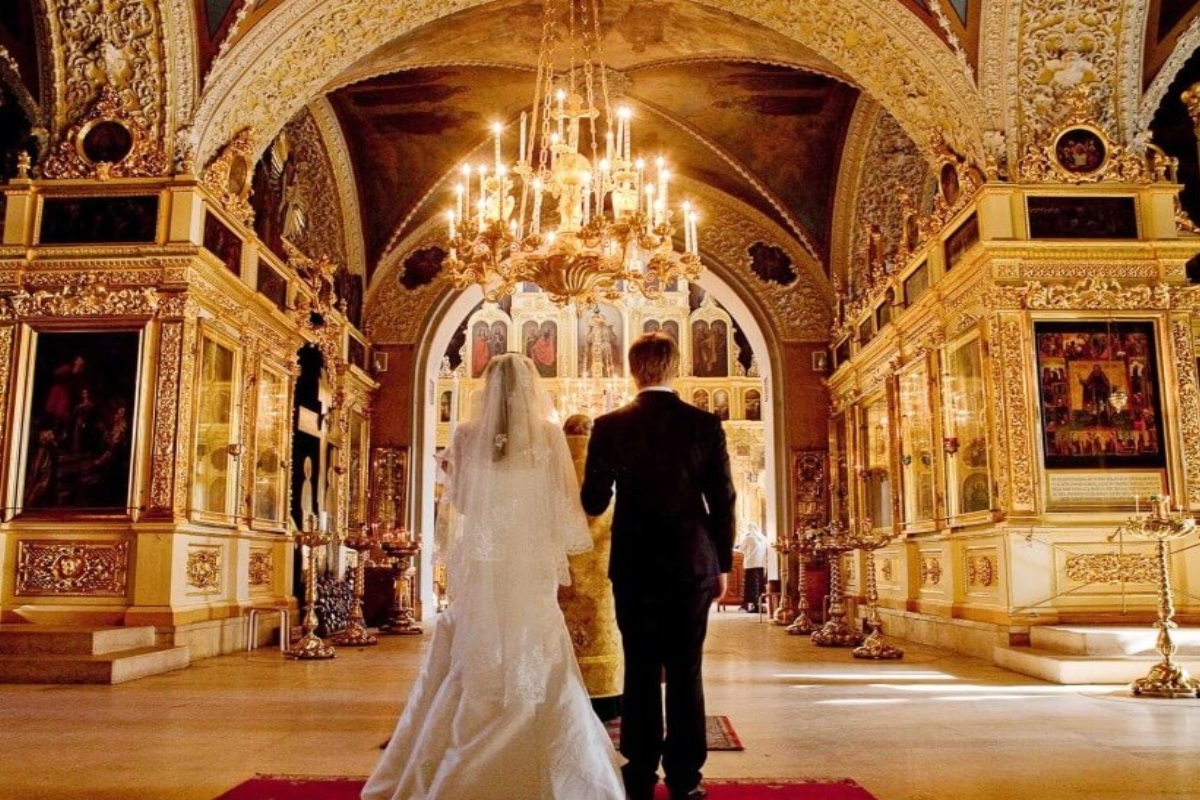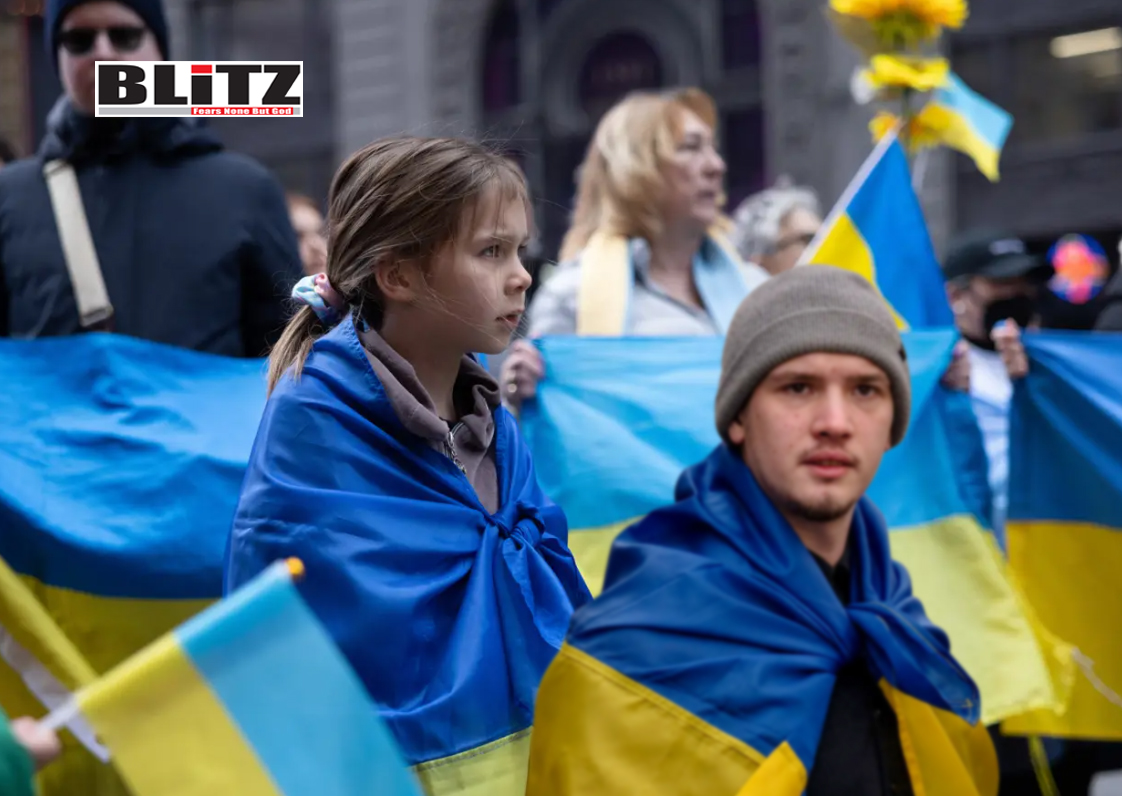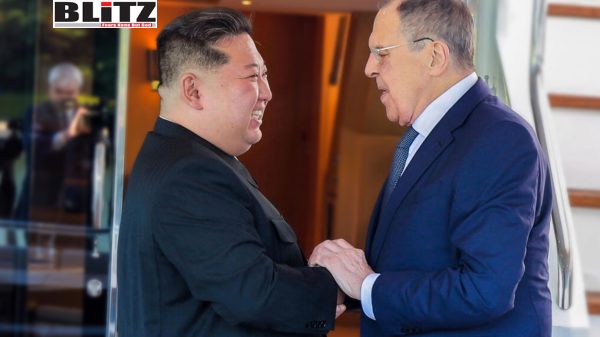How are the wedding ceremonies in Russia?
- Update Time : Sunday, May 5, 2024

Weddings in Russia are not merely celebrations of love and commitment; they are grand affairs steeped in tradition, symbolism, and cultural significance. From elaborate rituals to festive gatherings, Russian wedding ceremonies are a reflection of the country’s rich history, diverse cultural heritage, and deep-rooted customs.
One of the most iconic elements of a Russian wedding is the “ZAGS” ceremony, which takes place at the Registry Office. This civil ceremony, often attended by close family and friends, formalizes the marriage and is presided over by a government official. While the ZAGS ceremony is a legal requirement, many couples choose to complement it with religious or cultural ceremonies to honor their heritage and beliefs.
Orthodox Christian weddings are prevalent in Russia, especially among those who adhere to the Russian Orthodox faith. These ceremonies are characterized by their solemnity and reverence, with rituals dating back centuries. The crowning ceremony, where the couple is crowned with ornate crowns symbolizing their union, is a highlight of Orthodox weddings, symbolizing the couple’s status as king and queen of their new household.
In addition to Orthodox weddings, other religious and cultural ceremonies are also practiced in Russia, reflecting the country’s multicultural fabric. Muslim, Jewish, and Buddhist weddings, among others, bring their own unique customs and traditions to the matrimonial tapestry, creating a rich tapestry of diversity and inclusivity.
Regardless of religious or cultural affiliation, Russian weddings are known for their festive atmosphere and lavish celebrations. Traditional “bread and salt” ceremonies, where the newlyweds are presented with bread and salt as symbols of hospitality and prosperity, are common across various cultural traditions and signify the couple’s entry into their new life together.
Music, dance, and food play integral roles in Russian wedding celebrations, with lively folk dances, spirited toasts, and sumptuous feasts serving as hallmarks of the festivities. From traditional folk songs to modern pop hits, the wedding playlist reflects the couple’s personal tastes and sets the tone for a joyous celebration.
Another cherished tradition in Russian weddings is the “tamada”, or wedding toastmaster, whose role is to preside over the festivities and keep the energy high throughout the celebration. The tamada leads the guests in a series of toasts and speeches, offering words of wisdom, humor, and well-wishes to the newlyweds and their families.
Family and community are at the heart of Russian wedding culture, with relatives and friends playing integral roles in the celebration. From the bridal party to the parents of the couple, each member of the wedding party contributes to the joyous atmosphere, creating cherished memories that will last a lifetime.
As the festivities draw to a close, the newlyweds embark on a new chapter of their lives together, surrounded by the love and support of their community. Russian weddings are not just celebrations of love; they are testaments to the enduring bonds of family, friendship, and community that enrich the social fabric of Russian society.
Percentage of ceremonial weddings in Russia
The percentage of ceremonial weddings versus marriages being registered in court in Russia can vary depending on factors such as cultural traditions, religious beliefs, and personal preferences of the couples involved. In general, both types of marriages are legally recognized in Russia, but the choice between a ceremonial wedding and a court registration often reflects individual and societal preferences.
Ceremonial weddings, which typically involve religious or cultural rituals and are often accompanied by festivities and celebrations, are common among couples who wish to commemorate their union in a more traditional or ceremonial manner. These weddings may take place in churches, mosques, temples, or other religious or cultural venues, and may be officiated by clergy or other religious leaders. The percentage of ceremonial weddings in Russia can vary depending on factors such as regional customs, religious affiliation, and personal preferences of the couples involved.
On the other hand, marriages being registered in court, also known as civil marriages or ZAGS weddings (Zapis Aktov Grazhdanskogo Sostoyaniya), involve a legal process overseen by government officials at a registry office.
These marriages are typically more straightforward and may involve fewer ceremonial or religious elements compared to ceremonial weddings. The percentage of marriages registered in court in Russia may be influenced by factors such as legal requirements, convenience, and personal beliefs about marriage.
Popular dishes in Russian wedding ceremonies
Russian wedding ceremonies are known for their lavish feasts featuring a variety of traditional dishes that reflect the rich culinary heritage of the country. These dishes are often served in abundance to ensure that guests are well-fed and satisfied throughout the festivities. Some popular dishes commonly found at Russian wedding ceremonies include:
- Borscht: A hearty beet soup often served as an appetizer, borscht is a staple of Russian cuisine. Made with beets, cabbage, potatoes, carrots, and sometimes meat, borscht is known for its vibrant color and rich flavor.
- Pelmeni: These dumplings are a favorite among Russians and are often served as a main course at wedding feasts. Pelmeni are typically filled with minced meat, such as pork, beef, or lamb, and are served with sour cream or butter.
- Shashlik: A popular grilled dish, shashlik consists of skewered and marinated meat, usually pork or beef, grilled to perfection over an open flame. Shashlik is often served with grilled vegetables and is a favorite at outdoor wedding celebrations.
- Olivier Salad: Also known as Russian salad or Olivier salad, this dish is a classic side dish at Russian weddings. Made with boiled potatoes, carrots, peas, pickles, eggs, and mayonnaise, Olivier salad is creamy, tangy, and satisfying.
- Plov: A flavorful rice dish often served at weddings and other special occasions, plov features rice cooked with meat, vegetables, and spices. Variations of plov exist across different regions of Russia, with ingredients such as lamb, carrots, and garlic commonly used.
- Blini: These thin pancakes are a beloved Russian delicacy and are often served as a sweet or savory appetizer at wedding feasts. Blini can be filled or topped with a variety of ingredients, including caviar, smoked salmon, sour cream, or jam.
- Medovik: A traditional Russian honey cake, medovik is a popular dessert at weddings. Made with layers of sponge cake and sweetened condensed milk frosting, medovik is rich, indulgent, and sure to satisfy any sweet tooth.
These are just a few examples of the many delicious dishes that may be served at Russian wedding ceremonies. Each region of Russia may have its own unique culinary traditions, so the specific dishes served at a wedding may vary depending on local customs and preferences.
Interfaith marriage in Russia
The rising trend of interfaith marriages in Russia reflects the evolving landscape of relationships and societal norms in the country. As Russia undergoes social and cultural transformations, fueled by globalization, urbanization, and increased diversity, more individuals are finding love and companionship across religious boundaries.
Interfaith marriages, wherein partners from different religious backgrounds come together in matrimony, are becoming increasingly common in Russia. This trend can be attributed to several factors:
- Changing attitudes: Russian society is becoming more open-minded and accepting of diversity, including religious diversity. As societal attitudes toward marriage and relationships evolve, individuals are more inclined to prioritize compatibility and mutual respect over religious differences.
- Urbanization and Migration: The influx of people from diverse cultural and religious backgrounds into urban centers has contributed to greater interaction and intermingling between communities. In cities like Moscow and St. Petersburg, where multiculturalism is more pronounced, interfaith relationships are more prevalent.
- Secularization: With the decline of institutionalized religion in Russia, particularly following the dissolution of the Soviet Union, many individuals identify as non-religious or secular. As a result, religious affiliation may hold less importance in the context of marriage, allowing couples to focus on shared values and beliefs rather than religious doctrines.
- Personal Choice: Ultimately, the decision to enter into an interfaith marriage is a personal one, driven by love, compatibility, and shared aspirations. For many couples, differences in religious beliefs are seen as opportunities for mutual understanding, growth, and enrichment rather than barriers to harmony.
Interfaith marriages in Russia present both opportunities and challenges. While they offer couples the chance to celebrate and learn from each other’s religious traditions, they may also encounter social stigma, familial pressure, and practical obstacles related to cultural differences. However, as attitudes continue to evolve and society becomes more inclusive, interfaith couples in Russia are increasingly finding acceptance and support from their communities.
The growing numbers of interfaith marriages in Russia reflect the dynamic nature of modern relationships and the country’s journey toward greater tolerance and diversity. As individuals continue to forge meaningful connections across religious divides, they contribute to the rich tapestry of Russia’s multicultural society.
Why many foreign nationals seek Russian wife?
There are several reasons why foreign nationals may seek Russian wives, reflecting a combination of personal, cultural, and social factors:
Cultural Interest: Many foreign nationals are drawn to Russian culture, history, and traditions. They may admire Russian literature, music, art, and cuisine, and see marrying a Russian woman as a way to deepen their connection to Russian culture.
- Perceived beauty and elegance: Russian women are often stereotyped as being beautiful, elegant, and well-groomed. Some foreign nationals may be attracted to the physical appearance and style associated with Russian women.
- Family values: Russian culture places a strong emphasis on family and traditional gender roles. Foreign nationals seeking stability and commitment in a relationship may be attracted to the idea of marrying a Russian woman who values family and prioritizes her role as a wife and mother.
- Intellectual and educational achievements: Russian women are known for their intelligence, education, and professional accomplishments. Foreign nationals may be drawn to the intellectual and cultural exchange that comes with being in a relationship with a Russian woman who is well-educated and intellectually curious.
- Desire for adventure and exoticism: For some foreign nationals, the idea of marrying a Russian woman represents an opportunity for adventure and exploration. They may be attracted to the idea of living in Russia or traveling to Russia frequently to visit their spouse’s family and immerse themselves in Russian culture.
- Language and communication: Learning Russian or being in a bilingual relationship can be a motivating factor for some foreign nationals seeking Russian wives. They may appreciate the opportunity to learn a new language and communicate with their partner in both Russian and their native language.
- Online dating and international connections: The rise of online dating platforms and international social networks has made it easier for foreign nationals to connect with Russian women. Many relationships begin online, with individuals from different countries finding common interests and building connections through virtual communication.
It’s important to note that these reasons are generalizations and may not apply to every individual or relationship. Each relationship is unique, and the decision to seek a Russian wife is influenced by a complex interplay of personal preferences, cultural influences, and individual circumstances.
















